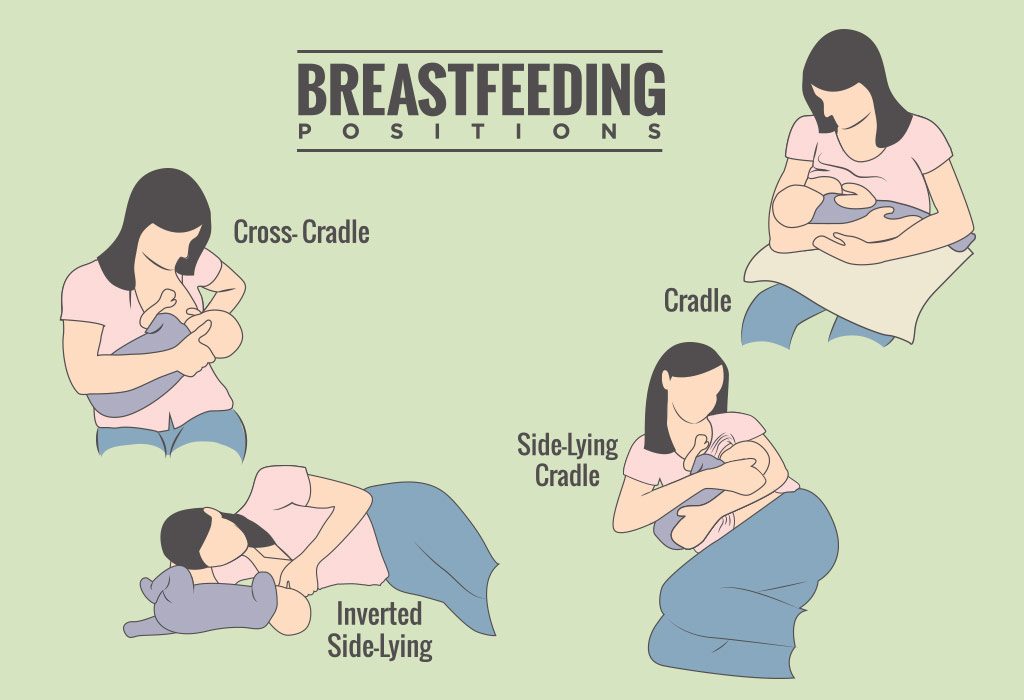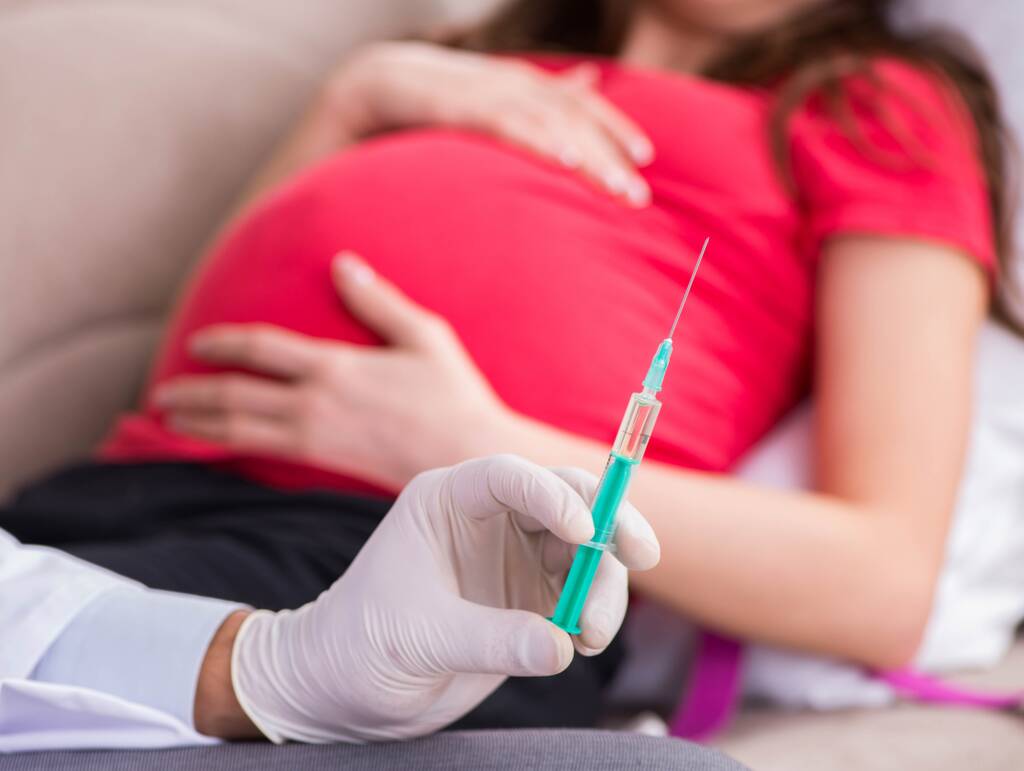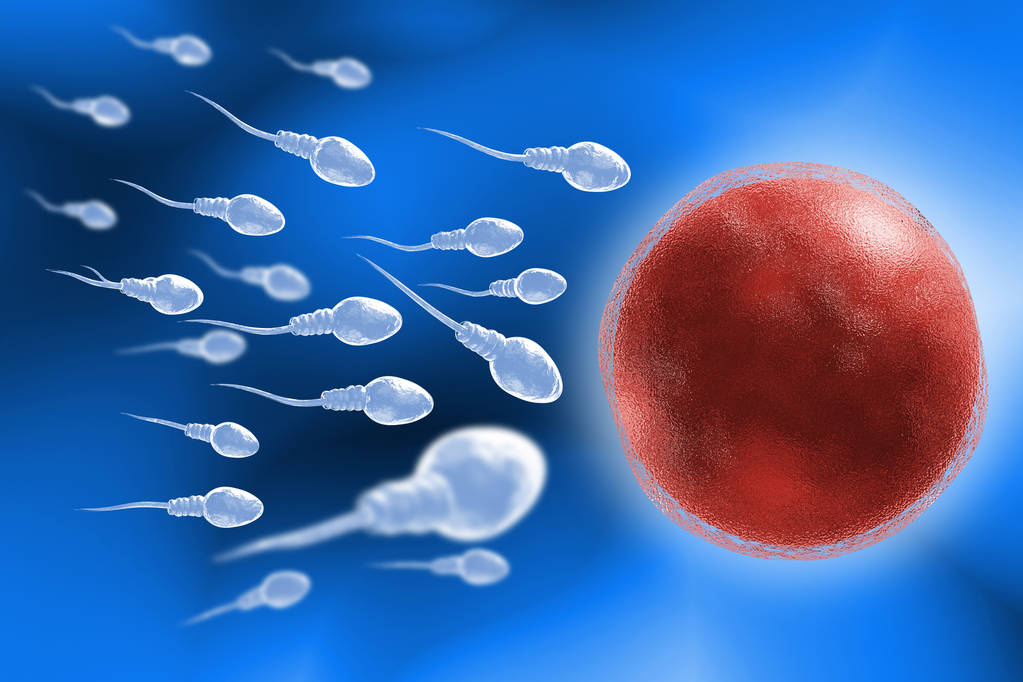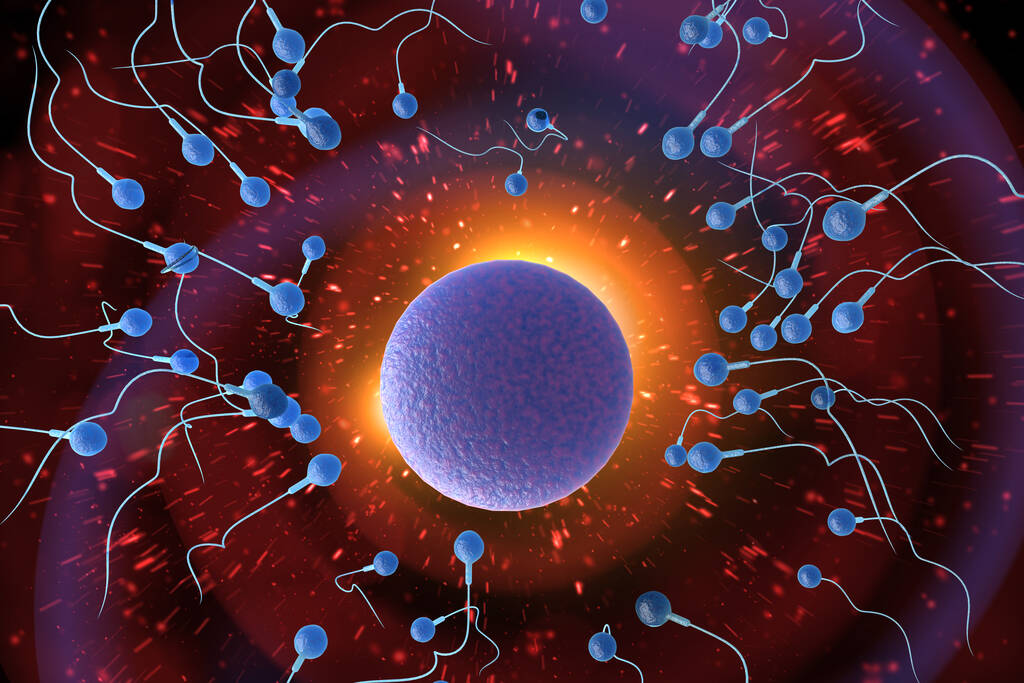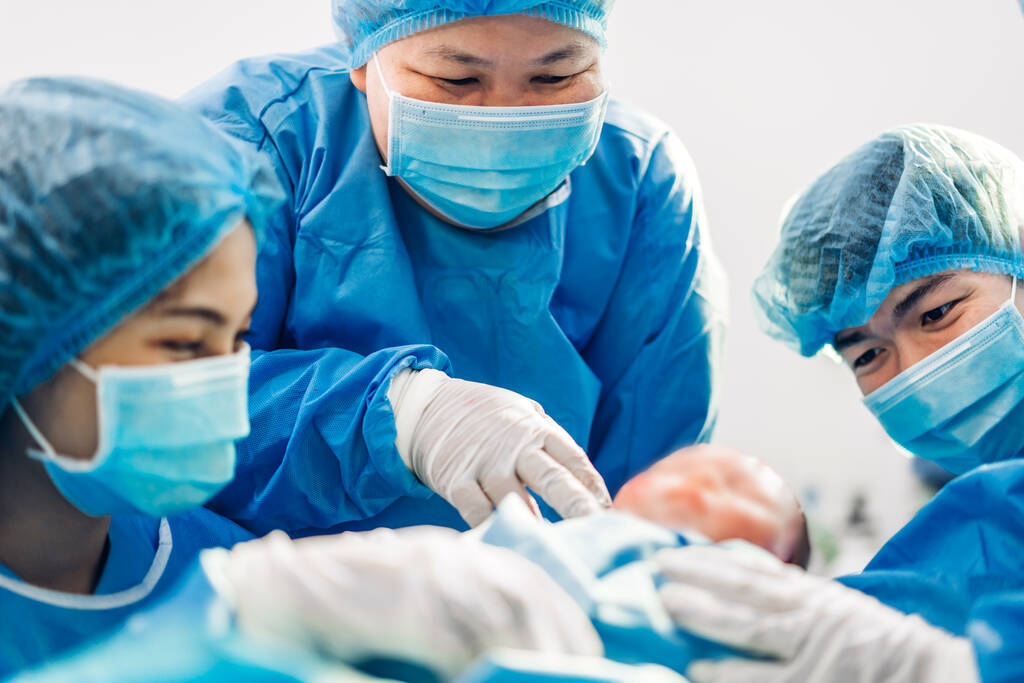Congratulations on your pregnancy! As you embark on this incredible journey, one of the most crucial aspects to focus on is maintaining a healthy and well-balanced diet. The food you eat plays a vital role in ensuring the well-being of both you and your growing baby. In this comprehensive guide, we’ll explore the key components of a nutritious pregnancy diet, providing you with valuable insights and practical tips to make informed choices.
1. The Foundation of a Healthy Pregnancy Diet: Nutrient-Rich Foods
A well-rounded and nutritious diet during pregnancy should include a variety of nutrient-rich foods that provide essential vitamins and minerals. Here are some key components to consider:
Fruits and Vegetables: Aim to include a colorful array of fruits and vegetables in your daily meals. These are rich in vitamins, minerals, and antioxidants that support your baby’s development.
Whole Grains: Incorporate whole grains like brown rice, quinoa, oats, and whole wheat bread. These grains provide fiber, which aids in digestion and helps prevent constipation—a common concern during pregnancy.
Lean Proteins: Include lean sources of protein such as poultry, fish, beans, lentils, tofu, and nuts. Protein is crucial for the growth and development of your baby’s tissues.
Dairy or Dairy Alternatives: Ensure you get enough calcium for your baby’s bone development. Good sources include milk, yogurt, cheese, and fortified plant-based milk alternatives like almond or soy milk.
Healthy Fats: Include sources of healthy fats in your diet, such as avocados, nuts, seeds, and olive oil. These fats are essential for the development of your baby’s brain and nervous system.
2. The Importance of Folate and Folic Acid: Preventing Neural Tube Defects
Folate, a B-vitamin, is crucial for preventing neural tube defects in the developing baby. It’s recommended to include folate-rich foods in your diet, such as leafy green vegetables, citrus fruits, beans, and fortified cereals. Additionally, many healthcare providers recommend taking a prenatal vitamin that contains folic acid to ensure you meet the daily requirements.
3. Iron-Rich Foods: Preventing Anemia
Iron is essential for preventing anemia in both you and your baby. Include iron-rich foods such as lean meats, poultry, fish, beans, lentils, and iron-fortified cereals in your diet. Consuming vitamin C-rich foods, like citrus fruits, alongside iron-rich foods can enhance iron absorption.
4. Calcium for Strong Bones and Teeth
Calcium is vital for the development of your baby’s bones and teeth. Include dairy products, such as milk, yogurt, and cheese, in your diet. If you follow a plant-based diet, opt for fortified plant-based milk alternatives and include other calcium-rich foods like leafy greens and tofu.
5. Omega-3 Fatty Acids: Supporting Brain and Eye Development
Omega-3 fatty acids, particularly DHA (docosahexaenoic acid), play a crucial role in supporting your baby’s brain and eye development. Include fatty fish like salmon and trout in your diet, or consider plant-based sources such as flaxseeds, chia seeds, and walnuts.
6. Hydration: The Importance of Staying Well-Hydrated
Drinking an adequate amount of water is essential during pregnancy. Water plays a key role in transporting nutrients, maintaining amniotic fluid, and supporting overall health. Carry a water bottle with you and aim to drink at least eight 8-ounce glasses of water daily. Adjust your intake based on your activity level and climate.
7. Foods to Limit or Avoid During Pregnancy
While focusing on nutrient-rich foods, it’s also essential to be aware of foods that should be limited or avoided during pregnancy:
High-Mercury Fish: Limit the consumption of high-mercury fish, such as shark, swordfish, king mackerel, and tilefish. Opt for low-mercury alternatives like salmon, shrimp, and trout.
Raw or Undercooked Seafood and Eggs: To prevent foodborne illnesses, avoid raw or undercooked seafood and eggs. Ensure that eggs are fully cooked, and seafood is properly cooked to a safe internal temperature.
Unpasteurized Dairy Products: To reduce the risk of foodborne infections, avoid unpasteurized dairy products. Choose pasteurized milk, cheese, and yogurt.
Caffeine: While moderate caffeine intake is generally considered safe, it’s advisable to limit caffeine during pregnancy. Aim for no more than 200 milligrams per day, equivalent to one 12-ounce cup of coffee.
Alcohol: It’s recommended to abstain from alcohol during pregnancy, as it can pose risks to the baby’s development.
8. Dealing with Pregnancy Cravings: Balance and Moderation
It’s common to experience cravings during pregnancy, and indulging in them in moderation is generally acceptable. If you’re craving sweets, opt for healthier alternatives like fruit. If salty snacks are calling your name, choose whole-grain options. Balancing cravings with nutritious choices helps ensure that you meet your nutritional needs while satisfying your taste buds.
9. Managing Nausea and Digestive Issues
Many pregnant women experience nausea, especially during the first trimester. To manage nausea:
- Eat small, frequent meals throughout the day.
- Choose bland and easily digestible foods like crackers, rice, and bananas.
- Stay hydrated by sipping on water or ginger tea.
If you experience severe or persistent nausea, consult your healthcare provider for guidance.
10. Seeking Professional Guidance: Consult Your Healthcare Provider
Every pregnancy is unique, and individual nutritional needs may vary. It’s crucial to consult with your healthcare provider or a registered dietitian to create a personalized nutrition plan based on your health, lifestyle, and any specific considerations for your pregnancy.
Conclusion: Nourishing Your Pregnancy Journey
In conclusion, maintaining a healthy diet during pregnancy is a cornerstone of ensuring the well-being of both you and your baby. By incorporating a variety of nutrient-rich foods, paying attention to key nutrients like folate, iron, and calcium, staying well-hydrated, and making informed choices, you’re providing your baby with the best possible start in life.
Remember that your dietary choices not only impact your pregnancy but also contribute to your overall health. Embrace the journey of nourishing yourself and your growing baby, and enjoy the incredible experience of pregnancy. Congratulations on this exciting chapter, and may your pregnancy be filled with health, happiness, and wholesome moments.


